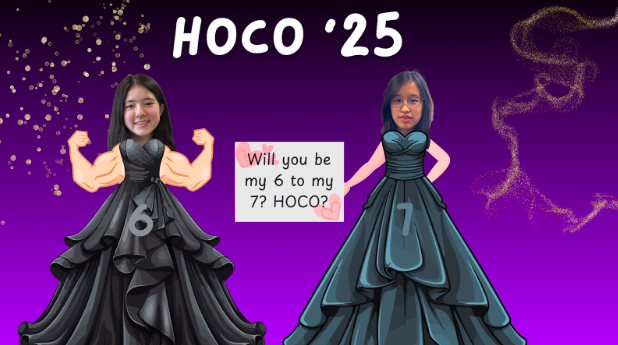LGBTQ+ Representation in Politics
November 23, 2020
The Civil a rights Act of 1964 was enacted with the intention of banning discrimination in America, yet same sex marriage wasn’t legalized until 2015. It should not come as a surprise to anyone that the LGBTQ+ community is discriminated against in every aspect of society. Members of the community have had their rights questioned for as long as time has existed. Although explicit discrimination has been banned, prejudice within schools, workforces, and many other aspect of society have yet to disappear.
Unfortunately, the rights of LGBTQ+ people have been politicized into a controversial topic. This makes it easier for people to discriminate against others on the basis of their “opinions”. This also makes it harder for members of the community to have the same access to opportunities that cis gendered and/or heterosexual people might have, including in politics. Representation of the LGBTQ+ community in politics is incredibly important because it symbolizes a step forward in our country where discrimination has run rampant for a long time.
In the past few years, American politics have seen an increase in the number of LGBTQ+ elected officials. In fact, there are more than 800 queer people serving in elected offices in 2020. This huge increase is referred to as the “rainbow wave,” a surge of LGBTQ+ wins between 2018 and 2019. However, the queer community remains severely underrepresented; they make up less than 0.2% of any political branch while 5% of American adults identifies themselves as part of the community.
That is why it’s important to recognize and celebrate political candidates that are a part of the LGBTQ+ community. Just recently, Sarah McBride won the election to be one of Delaware’s senators, making her the first transgender senator in all of American history. Her victory in achieving a position as the senator is an inspiration to all transgender people who may have faced obstacles in their lives due to their gender identity.
Although Sarah McBride broke age old barriers through her election, she’s not the first queer person to hold an office. Perhaps the next name that comes to mind when thinking of LGBTQ+ diversity in politics is Pete Buttigieg. Along with being one of the major candidates for the 2020 presidential election, he was the first openly gay candidate. Although he dropped out of the race, his position in the race was still a milestone for American history.
Mondaire Jones also represents another “first” in terms of breaking the traditional precedents that are present in our government. He is the first openly gay person to hold the office of a Representative elect for New York’s 17th congressional district. But why is any of this important?
Although America has been known as the land of the free since its independence, several minority groups have yet to experience unconditional freedom. Representation in American politics is very exclusive. Aside from Barack Obama, all of the other presidents have been white, cis-gendered males, yet America prides it self in being a melting pot. This trend has not been limited to only the president, but to all facets of the government. Similarly, “human rights” don’t always cover the rights of the LGBTQ+ community. This is quite evident through the numerous unfortunate hate crimes committed and unjust laws passed that make it acceptable to discriminate against someone on the basis of their sexual identity. Obstacles like these is why it’s important to recognize the representation of this community within fields such as politics. Of course, the American government is nowhere near perfect, but these baby steps deserve recognition and celebration.


